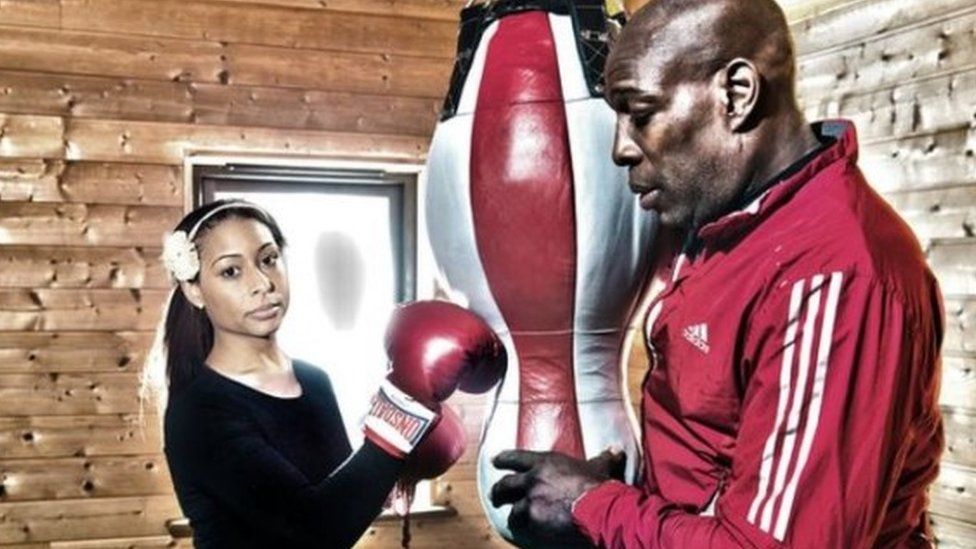Bipolar research boosted by skin cell donations
- Published

Cells from patients with bipolar disorder are being made available to experts across the globe to boost research into the condition.
Bipolar disorder is a serious mental illness characterised by extreme mood swings and bouts of severe depression.
The Edinburgh University research involves making stem cells from skin cells donated by people who have the disorder.
Their relatives who do not have the condition have also donated samples.
The stem cells are then developed into brain cells, allowing the team to study how the condition relates to brain tissue.
Animal research
Prof Andrew McIntosh said it was hoped the new techniques would lead to a better understanding of the disorder and help to develop new treatments.
It is hoped they will reduce, and in some areas replace, the number of animals that are used to study the disease.
He said: "Being able to grow brain cells from families with bipolar disorder represents a major addition to our research toolbox.
"It will enable us to discover what goes awry in the brains of people with bipolar disorder and a number of other psychiatric disorders.
"It will also provide a platform against which new and more effective therapies can be tried, reducing the need for animal experiments."
Current treatments have been limited by the inability to study what is happening to an affected person's brain cells during their lifetime as well as animal studies inaccurately reflecting the disease process in people.
The stem cells will be banked by UK biotechnology company Roslin Cell Sciences before being made available by the new European Bank for induced Pluripotent Stem Cells (EBiSC) to academic and commercial researchers worldwide.
The project was funded by the National Centre for the Replacement, Refinement and Reduction of Animals in Research (NC3Rs) through the Crack It Challenge programme.
Dr Cathy Vickers, acting head of innovation at NC3Rs, said: "Making the cells available to the wider research community through EBiSC will maximise the scientific and 3Rs benefits of the cells and the knowledge generated from this Crack It Challenge."
- Published15 July 2013